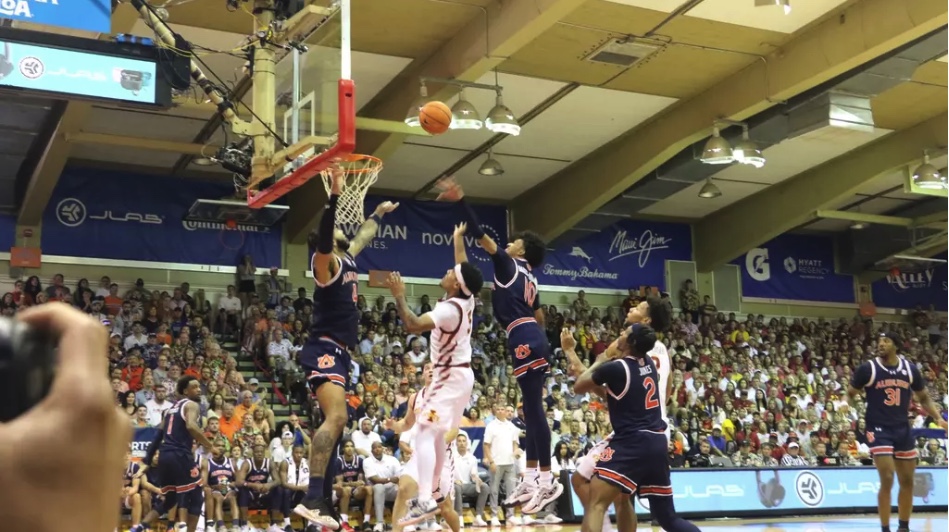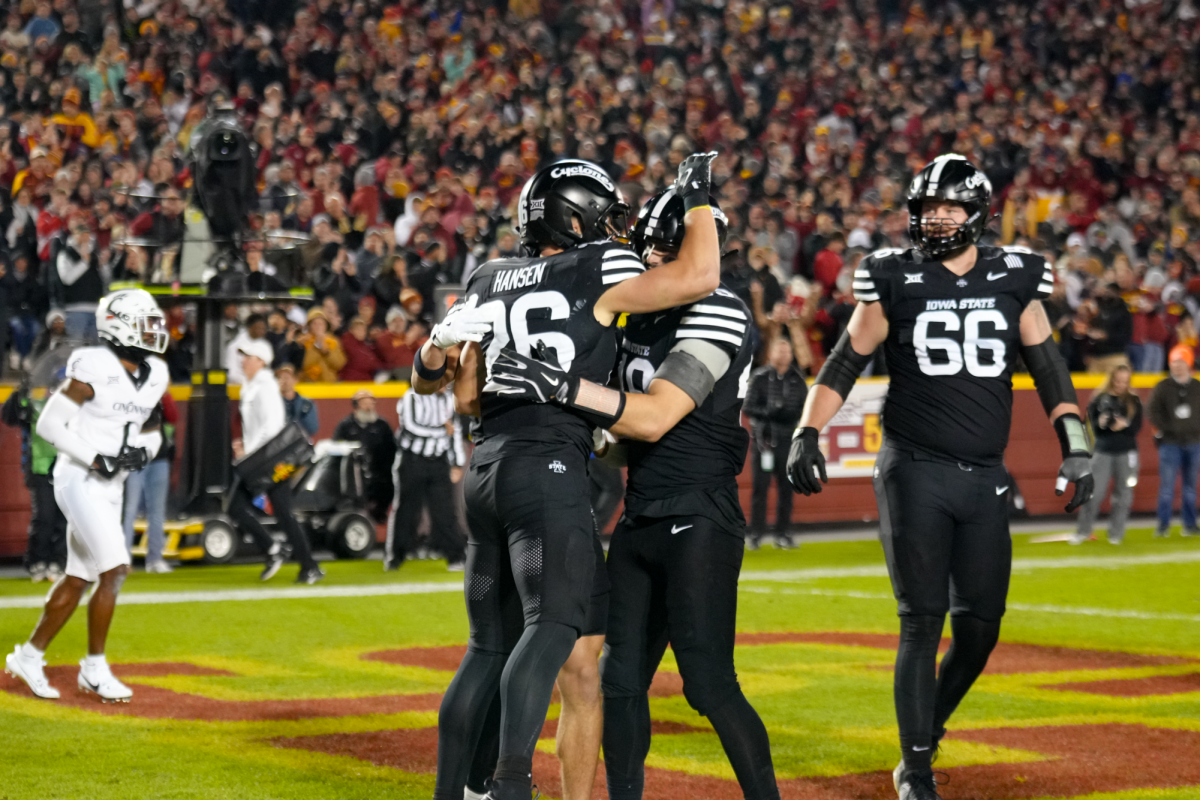COLUMN: Hate crimes are more than ‘very rare’ occurrences
July 16, 2003
Iowa State is not as diversity friendly as we need to be, or as we think we are. The recent reports of hate crimes on campus are just a demonstration of the intolerance we have in our community. While ISU President Gregory Geoffroy contends that our campus and community will not tolerate these hate crimes, our non-confrontational stance of these occurrences is tolerance in itself. Not committing hate crimes ourselves is one thing, but, at the same time, we need to become more proactive in creating a safe campus.
Our campus has resources to help us understand the multitude of diversity on our campus. Services include, but are not limited to, the Office of Minority Student Affairs; the Margaret Sloss Women’s Center; Lesbian, Gay, Bisexual, Transgender Student Services and Disability Resources. While the names and titles of these services seem to be exclusive, they are not. We have the ability to utilize these services to help us to be more understanding and more aware of our campus environment.
Part of our own intolerance is thinking that these services are meant for the students who fall into these categories, when in actuality we can use them to become their allies.
The administration of Iowa State is clear in its anti-hate stance, but the prevalence of hate crime is much greater than most think. ISU Police Capt. Gene Deisinger believes that the presence of hate crimes on our campus is “very rare,” but the real issue is these events are rarely reported to the police or the media.
There are countless occasions that have not been as noticeable. Graffiti on a free-standing wall near Hamilton Hall and other heavy traffic areas such as Student Services is easily seen and reported, but there are many other examples of hate crimes that go unnoticed and unreported. We have all at some point taken the time to read both sides of a lecture hall lapboard. How about the scribbles in bathroom stalls? While not as large and not quite as noticeable, both of these often include hateful messages, too.
While the Nigerian students who were recently attacked reported it to ISU Police, there are many other assaults or confrontations that go unreported. Victims sometimes downplay these occurrences themselves because they seem small and not worth the paperwork. Other times, consulting and venting to friends and family is comfort enough for the victims. To help the university and the administration understand the severity of intolerance on our campus, victims of crimes, regardless of multitude, need to report these issues. Students also need reassurance they have protection should they report an issue. A victim may feel that reporting a crime can lead to additional humiliation, so they don’t acknowledge the issue, enabling them to remain out of the media and avoid any further degradation.
Besides the fact there are many unreported occurrences of hate crimes, there are more occurrences on campus than we should be comfortable with. “Very rare” is an uncomfortable description of intolerance, almost as if we are saying that the rarity of intolerance makes it acceptable. Last spring semester alone we can recall the public vandalisms, as well as the public confrontations.
Public occurrences can often reach many victims, and are therefore aren’t just one hate crime. Joe Keller’s April anti-Semitic assault of Doug Ray did not only affect him, but anyone in hearing distance. Any other bystander, Jewish or not, was also a victim of this hate crime. Public defacing of buildings reached many students, possibly even the entire student body. A vandalized wall isn’t just one hate crime; it has the potential to become more than 27,000 of them.
It was another failed condolence that David Tett, the man accused of assaulting the two Nigerian students, was not an ISU student or faculty member.
It is a disturbance to me that the outside community can easily attack our students. Iowa State is not just a university, but an extended community. It should be Ames’ and its surrounding communities’ responsibility, as well as the responsibility of university administration, to help foster a safe environment for our student body.
I agree wholeheartedly with President Geoffroy that hate crimes need to be eradicated from our campus. Now, together as a community, we must take the responsibility into our own hands and proactively create a better environment.
The power of a motivated and well-directed group is amazing.






